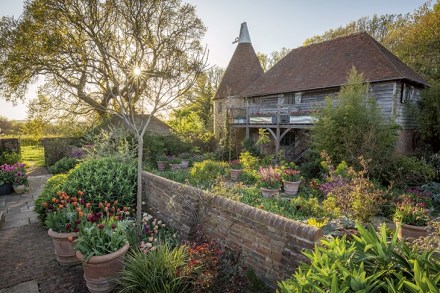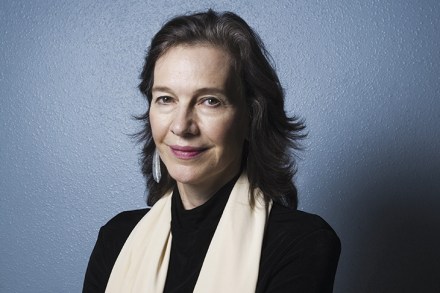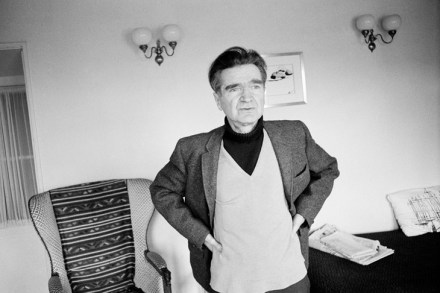A bleak vision of adolescence: The Shards, by Bret Easton Ellis, reviewed
Bret Easton Ellis’s novels were my literary gateway drug when I was young, the stylised bleakness of his debut Less Than Zero a model for my own writerly aspirations. He was a wunderkind. The fact that he’d written his first novel while still a teenager seemed incredible to me as I read and re-read it:












